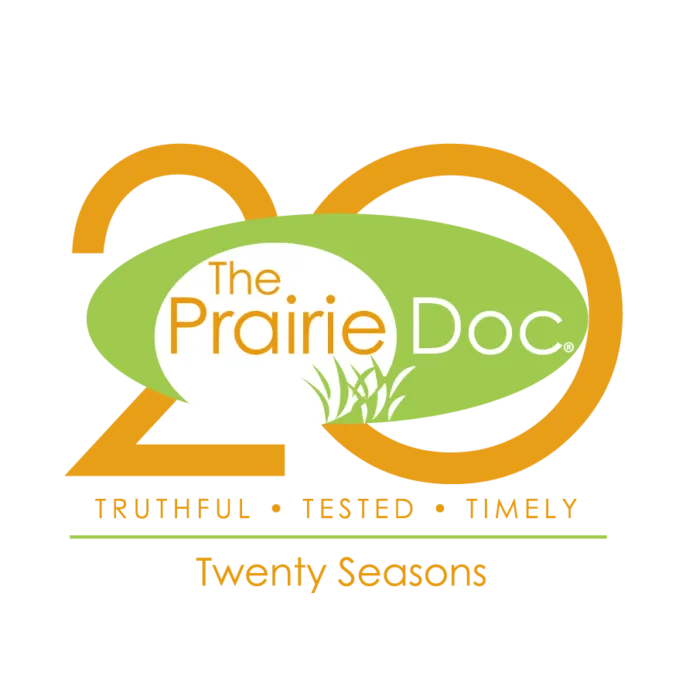Transitioning to become a parent can be one of the most pivotal changes in a person’s life. Rarely are the hard moments of this change talked about enough. For example, did you know 1 in 5 women and 1 in 10 men suffer from postpartum depression? Parents of any culture, race, age, or income level can be affected. We commonly hear and get confused about postpartum depression being the “baby blues”. This is a common misconception. The baby blues are very common and happen to 80% of women in postpartum. This occurs within the first few days and lasts a few weeks. The baby blues will usually go away with rest and time.
Postpartum depression and postpartum anxiety are much more serious and will not get better without some sort of treatment. Postpartum depression and postpartum anxiety usually last weeks to months or sometimes years after childbirth, if not treated. Some of the red flags or symptoms one can look out for include: frequent shame, guilt, and sadness; feelings of rage, irritability; scary unwanted thoughts; lack of interest in caring for baby; difficulty in bonding with baby; loss of interest, joy, or pleasure in things you used to enjoy; disturbances in sleep and appetite; constant worry; racing thoughts; feelings of dread; physical symptoms like nausea, dizziness, and hot flashes; and possible thoughts of harming yourself or your baby. If you identify with any of these symptoms, please reach out to your doctor or mental health professional in your area. You know you best and if you don’t feel like yourself, there is no shame in asking for help.
Becoming well and mentally healthy again are possible with treatment. Some of the common treatments for a person struggling with postpartum depression or anxiety can be seeing a counselor, medication management, bright light therapy, cognitive behavioral therapy, couples therapy, support from others, exercise, adequate sleep, healthy diet, yoga, and relaxation strategies. A healthy support network of friends/family can be so helpful for new moms and/or parents. Here are some tips on supporting your loved ones throughout this transition: Reassure her, this is not her fault, she will get better; Encourage her to talk about feelings; Help with housework without being asked; Encourage her to take some time for herself; Be realistic about what time you will be home, and come home at that time; Help her reach out to others for support; Schedule some dates with her and work together to find a babysitter; Offer simple affection and physical comfort.
There are so many resources available especially at postpartum.net or by dialing 988. Please know this is a transition and transitions are temporary. With help, you can be well. Take care of yourself.
Elizabeth provides counseling for individuals and families — primarily adolescents and adults in an outpatient setting at Avera Behavioral Health in Brookings, SD. She is a certified perinatal mental health therapist and works with depression, anxiety, stress management, trauma, interpersonal conflict, adolescent issues and women’s issues. She is also certified to teach Bringing Baby Home workshops through the Gottman Institute. Her practice includes trauma-informed counseling, individual dialectical behavior therapy, cognitive behavioral therapy, emotion freedom technique, and solution-focused and mindfulness strategies. Follow The Prairie Doc® at www.prairiedoc.org and on Facebook featuring On Call with the Prairie Doc® a medical Q&A show providing health information based on science, built on trust, streaming live on Facebook most Thursdays at 7 p.m. central.





